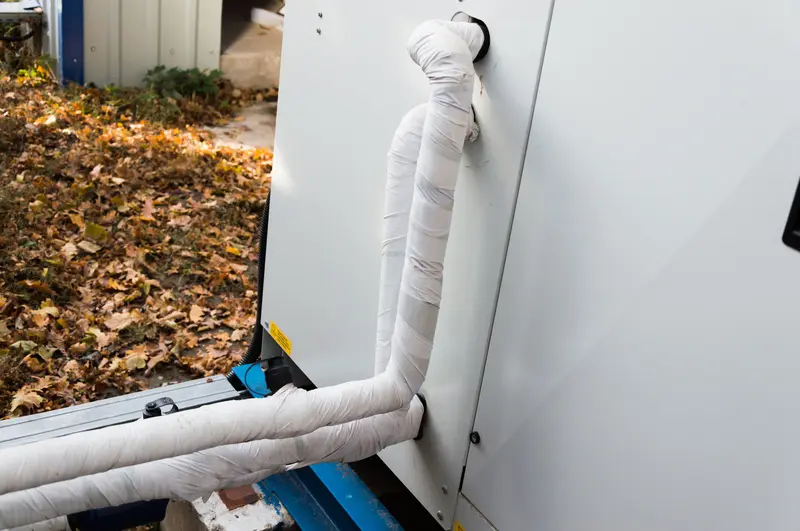The short answer to this is “no.” Allow us to elaborate!
Most homeowners don’t realize just how their air conditioner works, considering the complexity of modern cooling systems and the years of specialized training required to be a technician who can install and service them.
There are a few common misconceptions and misunderstandings about AC systems that can get in the way of properly caring for the system, and knowing when to call for repairs. One of the biggest misconceptions is how exactly refrigerant works, and we’d like to help clear this up.
No, Refrigerant Is Not “Fuel” for Your Air Conditioner
Homeowners often believe that refrigerant in their air conditioner works like fuel—like gasoline in a vehicle. People commonly think that the chemical refrigerant that moves throughout an air conditioner as something the system needs to consume to operate, like how a combustion engine in a car consumes gasoline.
However, the two are nothing alike. Your cooling system doesn’t use up its refrigerant. Rather, it uses the refrigerant to carry out heat transfer—it moves heat from inside of your home to the outside, and does not dissipate. This refrigerant cycles through the cooling system changing from a liquid to a gas and back again, over and over. The same amount of refrigerant (known as the refrigerant charge) should ideally last throughout the entire lifespan of the air conditioner.
Should your air conditioner lose some of its charge, due to leaks along the refrigerant line, it is a major cooling system repair problem. The system can’t simply keep running—not only will it begin losing its cooling power but the drop in refrigerant will endanger components that are designed for a specific level of refrigerant. It can even cause the compressor to burn out, which can require replacing the whole entire AC system.
If you notice a drop in cooling effectiveness from your air conditioner, if you see ice along the evaporator coil, or if you hear a hissing noise coming from the cabinet of your air conditioner, it’s time to give us a call.
What If You Have an Older Air Conditioner?
As we alluded to, the only reason you’d be losing refrigerant out of your air conditioner is if you have a leak. The leak must be patched up, and the air conditioner needs to be recharged. But, what if you have an older air conditioner? There is a risk, in this case, that your air conditioner has R-22 refrigerant inside.
Why is this a problem? Well, R-22 has been phased-out.
All new air conditioners are designed using R-410A refrigerant. R-22 is less efficient and not environmentally healthy, which is why it has been phased out. If you have an R-22 air conditioning system and it’s losing refrigerant due to leaks, we can’t recharge the system with the same type of refrigerant. It would benefit you more at this point to upgrade to a newer air conditioner and ensure cooling efficiency.
For reliable AC repair in Santa Fe, NM, contact Roadrunner Air Conditioning, Heating & Refrigeration today!








